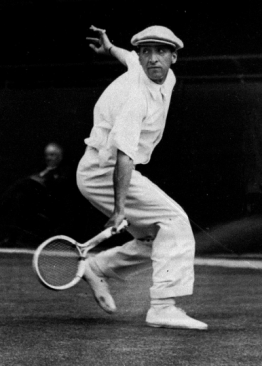Harvesting gold: Boo Hewerdine and Dan Whitehouse at Cambridge Junction 2 (25/10/16)
To Cambridge’s Junction 2 for a spellbinding evening with Boo Hewerdine and musical accomplice, West Midlander, Dan Whitehouse. Dan opened proceedings with a pared back set of emotive love songs, carried home on a succession of glistening electric guitar lines played on his battered Telecaster, (which, he tells us ‘was rescued from a pub loo in Camden’). Imagine a Brummie Jeff Buckley and you’re nearly there, with a warmth and grit in his vocal which transcended his flat Birmingham vowels. As modest as he is accomplished, there was a strong strand of Americana combined with an attractive English understatement. His songs demanded attention and his stage craft was superb.

Dan stayed on stage to add musical weight and heft to the songs of long-time troubadour, Boo Hewerdine. In something of a homecoming gig (The Bible played their early gigs at the Junction, next door), he was on assured form, leading off with comeback single Born, a litany of events from the year of his birth. This was swiftly followed by The Man That I Am, (already sounding like a classic) about the controversial child migration programmes to former Empire outposts. Village Bell rang out on Boo’s sky blue guitar filling the beautifully lit auditorium.
There were numerous highlights, not least a clutch of new songs, performed solo. Cinderella is a smoky, complex jaunt in the old style complete with Boo’s impersonation of an orchestra at the halfway point. Its cross-dressing theme (it’s from forthcoming musical Fancy Pants, written with Chris Difford) only added to the intrigue. Possibly his finest moment came in ‘Old Songs,’ an authentically ancient sounding tune (it could have been written in the 1930s) about the power of song in stirring lost memories. If Boo hasn’t shared this with those working with dementia, he probably should. With strange lost chords, unusual and affecting subject matter it’s another fine example of Boo’s quest for the perfect song.
Boo’s deadpan delivery (‘My record company is planning to turn me into a star – I’ve had plenty of practice’) is undoubtedly part of the attraction, but it’s the songs that constantly amaze. Sweet Honey in the Rock, originally from his State of the Union project is beefed up into a glorious stomp, augmented by a natty country solo from Dan. Their metronomic timing created a seemingly hypnotic effect on performers and audience alike. More recent songs, like Harvest Gypsies, sound every bit as strong as perennials like The Patience of Angels and Honey Be Good, the great lost classic from eighties. Boo’s voice was particularly strong this evening, nowhere more so than on an ambitious take on the Bee Gee’s ‘I Started a Joke,’ which soared to majestic heights.
While light on tunes from his Brooks Williams collaborations (no Hellzapoppin!) Boo has songs to spare and is adept at varying his set to provide enough interest for long-time fans, as well as to keep himself engaged.
As with many Boo gigs, there is the spectre of a parallel universe where the Bible became as big as U2, and Boo became a superstar. As things stand, there were not many who would have traded the opportunity to listen to such fine songs in such an intimate setting. It was life affirming, inspiring stuff from two uniquely blessed musicians dedicated to their song craft, respectful of their musical forebears and still digging for musical gold.


